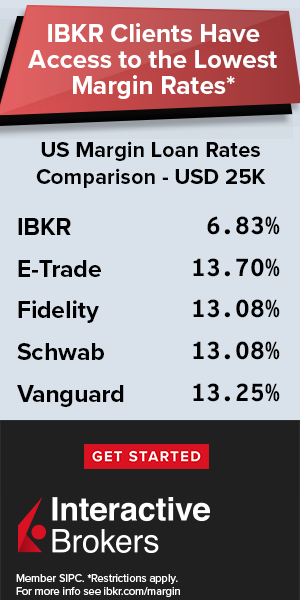The financial markets have long drawn parallels with the world of gaming, particularly when it comes to the psychological aspects of risk-taking and decision-making. For example, a reputable online casino for UK players will offer sophisticated tools for bankroll management, similar to what traders use to track their investments.

What’s more, market participants often display similar behavioural patterns to those seen in gaming environments, though the fundamental nature of these activities differs significantly. The key lies in understanding how these psychological patterns influence market decisions and how traders can use this knowledge to their advantage in different market conditions.
Risk Assessment
The approach to analyzing potential trades shares interesting similarities with how experienced players evaluate their positions. Both activities require participants to carefully assess risk versus reward, with successful practitioners developing systematic approaches to their decision-making processes.
In both scenarios, understanding probability and maintaining emotional control play vital roles in long-term success. This systematic evaluation helps participants avoid impulsive decisions and maintains focus on predetermined strategies rather than emotional reactions to market movements.
Money Management
Professional traders typically implement strict capital management rules, limiting their exposure to any single position. This calculated approach mirrors the disciplined bankroll management seen in gaming environments. By controlling position sizes and maintaining reserve capital, market participants ensure they can weather periods of adverse conditions without compromising their overall trading capacity.
These principles extend beyond basic position sizing to include portfolio diversification, risk allocation across different market sectors, and maintaining adequate reserves for unexpected market events.
Emotional Control
The ability to remain calm under pressure represents a critical factor in both trading and gaming scenarios. Market volatility can trigger emotional responses that lead to poor decisions, much like a string of losses might affect judgment.
Professional traders recognise these psychological triggers and develop mechanisms to maintain objectivity, often stepping away from the markets during periods of heightened emotion. Many successful traders maintain detailed logs of their emotional states during trading sessions, helping identify patterns that might influence their decision-making processes.
Pattern Recognition
Technical analysis in trading involves identifying recurring market patterns and potential price movements. This skill development process shares similarities with understanding gaming probabilities and outcomes.
However, market patterns constantly evolve and require ongoing adaptation, unlike the fixed mathematical probabilities found in traditional gaming environments. Successful traders learn to combine pattern recognition with fundamental analysis, creating a more comprehensive approach to market interpretation and opportunity identification.
Risk vs Reward Ratios
Successful market participants carefully evaluate potential profits against possible losses before entering positions. This calculated approach helps maintain consistent results over time, rather than seeking quick profits.
The focus remains on long-term sustainability rather than short-term gains, with careful attention paid to position sizing and market conditions. Professional traders often establish minimum risk-reward ratios for different types of trades, ensuring each position offers sufficient potential return to justify the assumed risk.
Market Dynamics
Unlike gaming environments where odds remain constant, financial markets present dynamic conditions that change continuously. External factors, market sentiment, and global events all influence price movements, requiring traders to remain flexible in their approach.
This adaptability, combined with consistent risk management, distinguishes successful market participants from those who struggle to maintain profitable operations. Understanding these dynamic elements helps traders adjust their strategies while maintaining core risk management principles.
Professional Mindset
The development of a professional trading mindset requires understanding that markets operate independently of individual desires or needs. This reality check helps traders maintain objectivity and avoid emotional attachment to positions.
Accepting that losses form part of the process while maintaining strict risk management, creates a foundation for sustainable trading practices. Successful traders often develop personal routines and habits that reinforce this professional mindset, from morning market analysis to end-of-day position reviews.


 Hot Features
Hot Features













